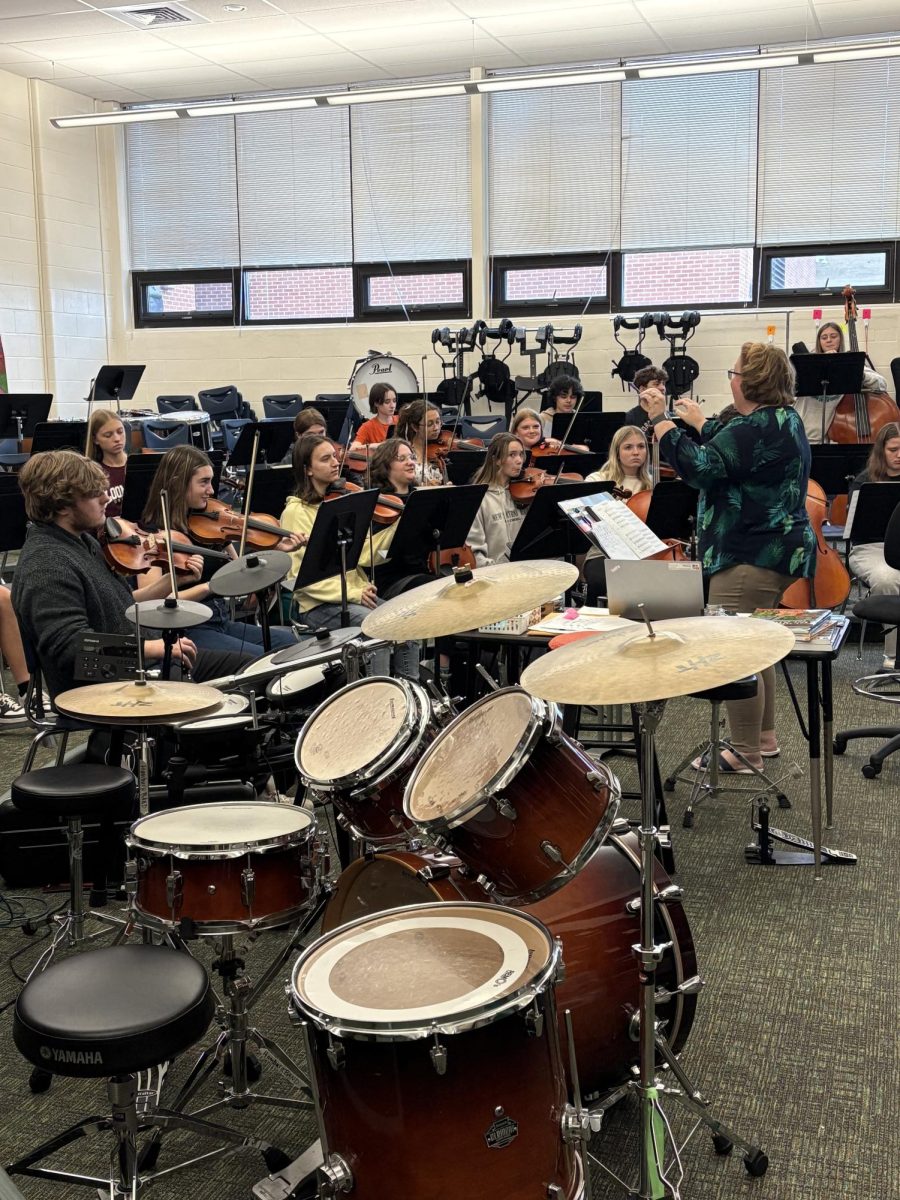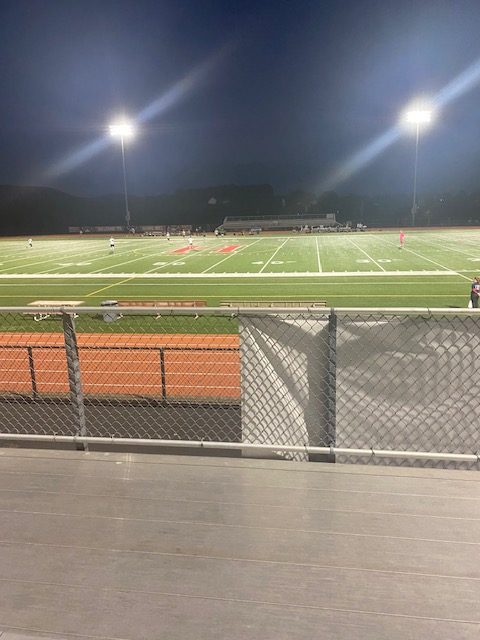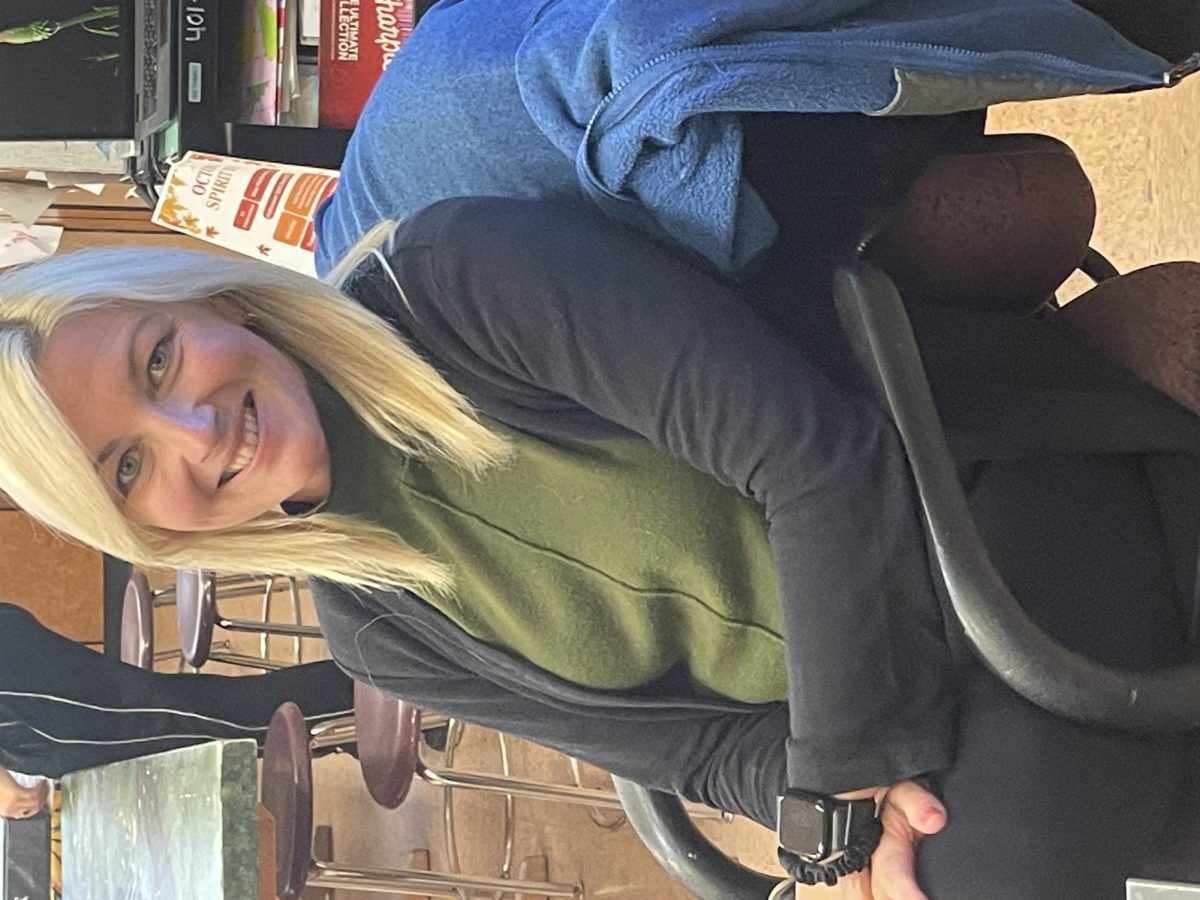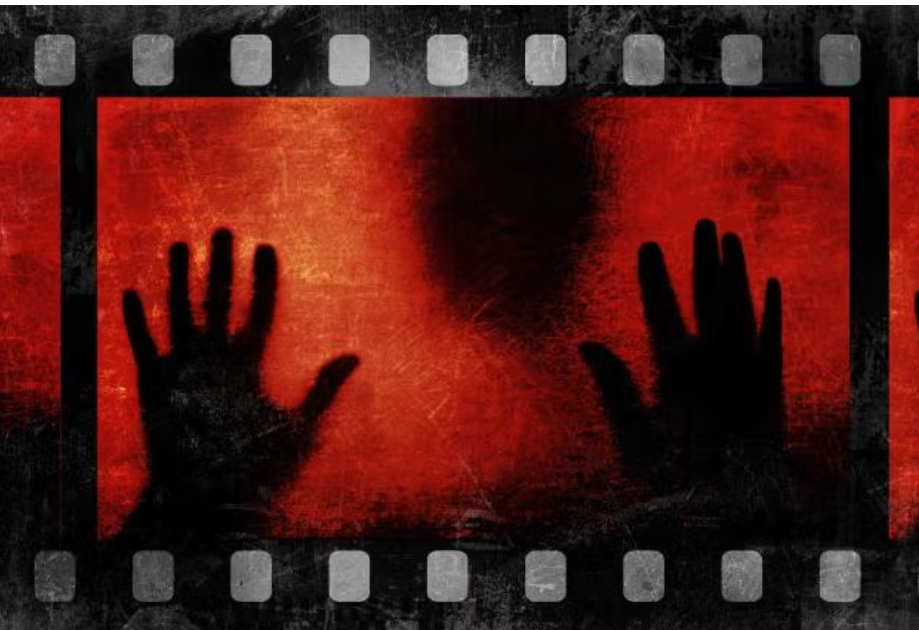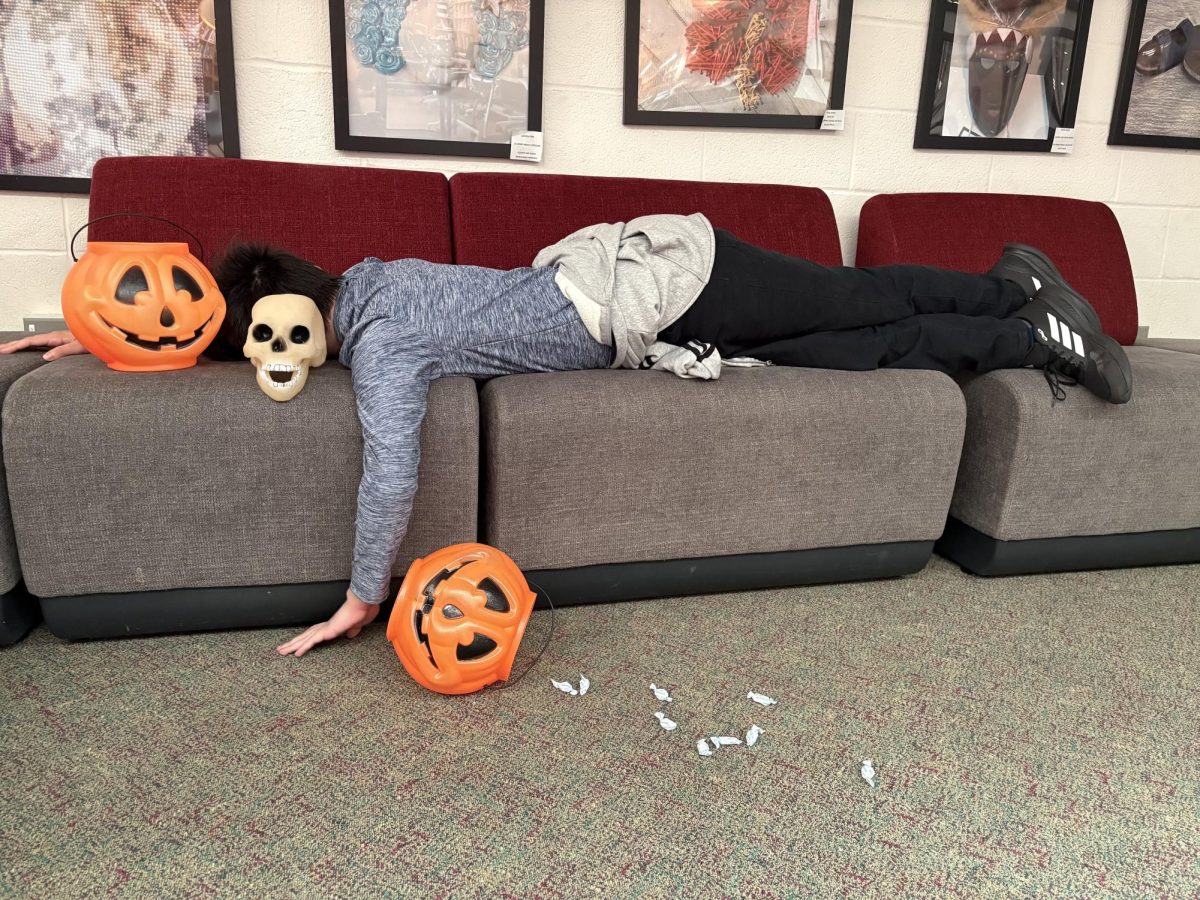Twice a year, people in the US spring forward an hour for daylight savings time, only to fall back one hour in November. Many dislike the abrupt shift, but the issue has yet to be addressed due to competing interests. As such, those at the Hamburg Area High School must accommodate their schedules to the inevitable time change.
Sudden schedule changes inconvenience teachers as they transition to a new one. Mrs. McCarthy, the school’s librarian and English teacher who oversees Othello, a Seeing Eye dog, says the yearly shift impacted their morning routine. She described getting up at 5:30 to take care of Othello’s morning urges during daylight savings. However, when standard time went into effect, her dog still followed his usual time routine. As such, Mrs. McCarthy had to take him out at 4:30, canceling out the benefits of one extra hour of sleep associated with “falling back.”
Another teacher, Mr. Laughlin, had to account for the mundane difficulties caused by the time shift. He described how most clocks in his house change automatically with the seasons. Still, he has difficulty adjusting his car’s clock to the current schedule as it is not straightforward. Instead, he often has to review his car manuals and check online to ensure he changes the time correctly. Thus, the cost of an extra hour of sleep was homework on how his vehicle functions.
While many agree the system should be changed, people often contest whether daylight savings or standard time is better. Mr. Laughlin prefers permanent standard time for its consistency but has no issues with daylight savings. Instead, he dislikes the unnatural shifts in his sleep schedule that affect his daily functioning, a common complaint among individuals. Furthermore, he finds the change puts more stress on him compared to previous years. Many sleep professionals concur with the idea of permanent standard time. Their evidence suggests ST is easier on the body and closer to a human’s natural sleep schedule, known technically as circadian rhythms, as stated by the Sleep Foundation.
After daylight savings ended, I noticed people seldom discussed the shift. Their silence may be due to how negative experiences are often more impactful than positive ones. For example, gaining an extra hour of sleep has little influence on one’s day compared to losing one and managing the symptoms of sleep deprivation. Whatever the case, any time change will impact people in obvious or subtle ways. Therefore, adjusting to the shifts in the spring and fall is about recognizing the new responsibilities brought on by them.
For more information about daylight savings time, visit https://www.sleepfoundation.org/circadian-rhythm/daylight-saving-time.




